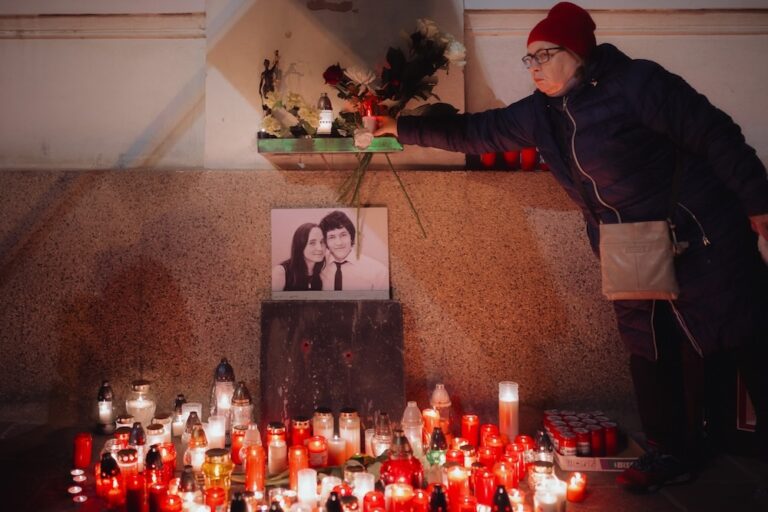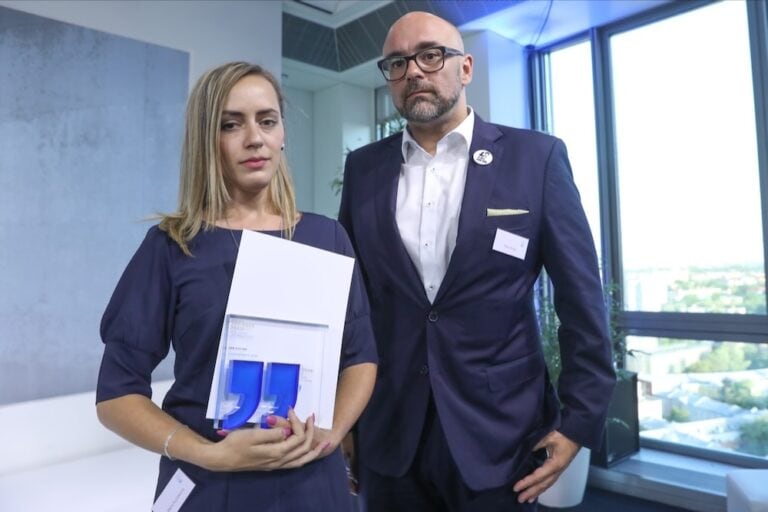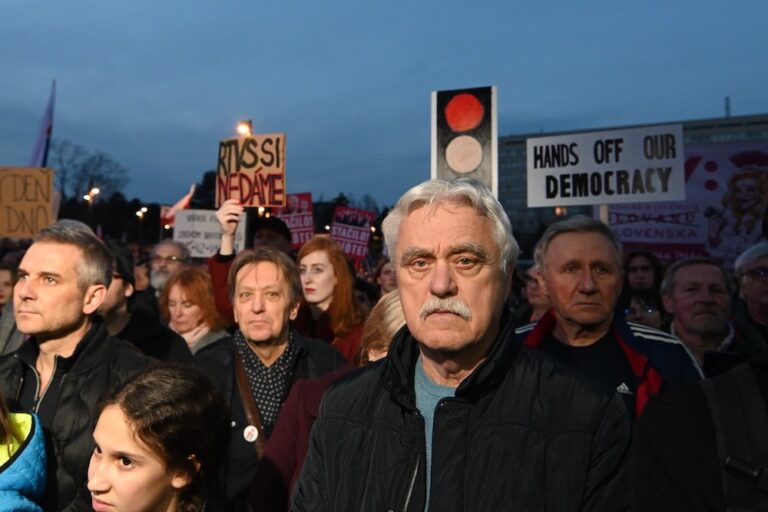A Slovak court’s decision ordering a tabloid to apologise to a judge for its reporting on a private party where attendees allegedly made light of a mass murder sets a dangerous precedent, the International Press Institute and its Slovak National Committee recently said.
A Slovak court’s decision ordering a tabloid to apologise to a judge for its reporting on a private party where attendees allegedly made light of a mass murder sets a dangerous precedent, the International Press Institute (IPI) and its Slovak National Committee said today [18 June 2014].
A Bratislava court on Monday ordered daily tabloid Nový Čas to apologise to Slovakian Supreme Court Judge Daniel Hudák in the first ruling in a series of lawsuits against the tabloid’s publisher, Ringier Axel Springer, by current and former judiciary members who were at the 2010 party and depicted in photos and a video the daily published in 2011.
IPI Executive Board Member Pavol Múdry – who heads IPI’s Slovak National Committee, IPI Slovensko – accused the court of having “demonstrated solidarity of judges on a wrong place” and he noted that the ruling condemned the tabloid “for publishing facts about inappropriate behaviour of judges, prosecutors and other people from the judiciary”.
He added: “By doing so, they transferred the guilt from persons who failed morally to a medium that published it in the public interest.”
The cases concern a 2011 Nový Čas report on a private meeting of lawyers and judges, known as the Judiciary Oscars Association, at the Bonanno Bar in Rakecké Teplice in October 2010.
Photos and video the tabloid published showed a retired lawyer greeting guests while wearing blue ear defenders and carrying an imitation assault rifle. Two months earlier, a man wore similar blue ear defenders when he killed seven people and wounded 17 others in a Bratislava suburb with an assault rifle before killing himself.
Slovakian news agency SITA reported that the Bratislava II District Court ruled that Nový Čas‘ report interfered with Hudák’s right to the protection of personal integrity, and contained both inappropriate criticism and inadequate evaluating statements. The court also faulted the tabloid for publishing Hudák’s picture and name without his consent.
The court did not rule on Hudák’s request for €100,000 in damages, which remains pending while a regional court reviews the case.
According to SITA, Hudák told journalists following the hearing: “It is a case that can be beautifully extended to journalists, to publicly active persons….We will try for the borderline between these two opposing poles to gain certain character features.”
Nový Čas reportedly plans to appeal. Its solicitor, Róbert Bános, told SITA: “We have done all to prove that the meeting occurred, we provided an evaluation from the Czech Republic that confirmed the published pictures were authentic.”
IPI Slovensko called on the regional court that will hear the appeal to note the unambiguous nature of the photographic and video evidence presented in the Nový Čas report and to “cancel this incomprehensible verdict.”
The group also pledged to keep its foreign partners, including IPI and its affiliate, the South East Europe Media Organisation (SEEMO), updated on the status of the case.


